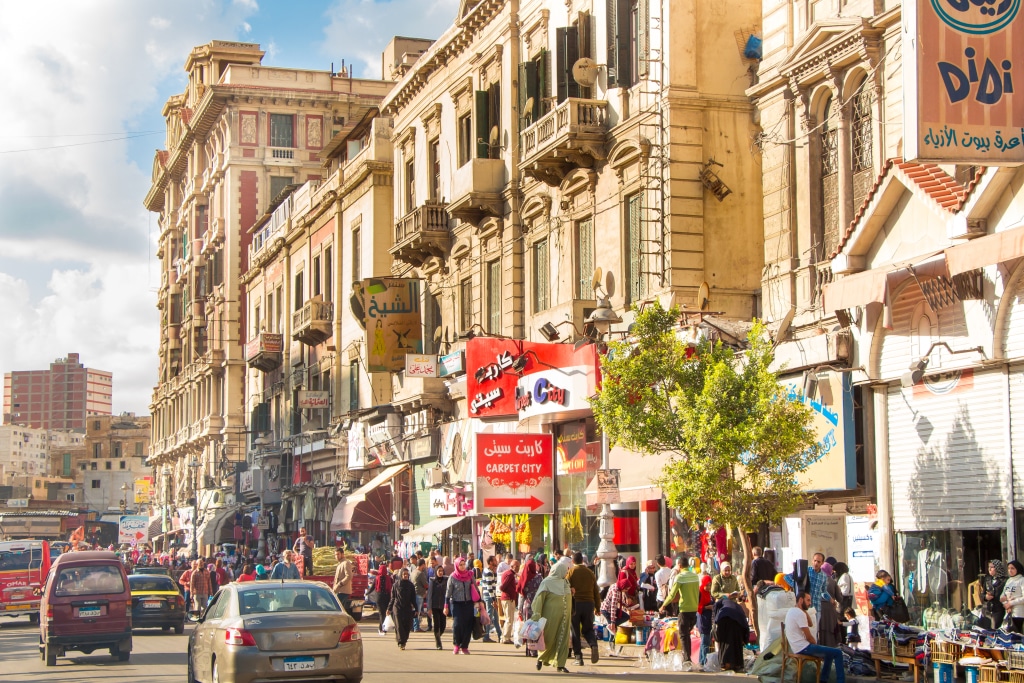The European Bank for Reconstruction and Development (EBRD) is one of Egypt’s largest financial partners. Cairo wants to rely more on the EBRD to implement its sustainable development policy. For example, Egypt’s ambassador to the UK, Tarek Adel, recently held a meeting with Odile Renaud-Basso, the EBRD’s president. The purpose of the online meeting was to discuss the extension of the bank’s support to the green economy, but also the upcoming visit of Odile Renaud-Basso to Cairo.
The two officials also discussed possibilities for cooperation in digital transformation, sustainable infrastructure, and strengthening the competitiveness and role of the private sector in the land of the pharaohs. In Egypt, the EBRD is financing more green and sustainable projects by private investors, especially in the energy sector.
Financing sustainable infrastructure
For example, the bank is co-financing the Kom Ombo solar power plant, which will soon enter the construction phase. The project is being developed by the Saudi Arabian independent power producer (IPP) Acwa Power. The Kom Ombo solar power plant will inject 200 MWp of clean electricity into the Egyptian Electricity Transmission Company (EETC) grid. The EBRD is also supporting the construction of a 50 MWp solar photovoltaic plant in Zaafarana, in the Red Sea governorate. The project is being developed by the German IPP Belectric.
The EBRD is also financing the development of Egypt’s wind power capacity, notably in the Gulf of Suez. The London (UK) based bank has approved a $50 million loan to French IPP Engie and Japan’s Eurus Energy/Toyota Tsusho Corporation. The wind farm to be built in Ras Ghareb will have a capacity of 500 MW.
As part of its strategy to promote the green economy and sustainable development, the EBRD also supports green entrepreneurship. Recently, the bank participated in the establishment, with the European Union and the Green Climate Fund (GCF), of two financing programmes of 220 million dollars in favour of green projects carried out by Egyptian small and medium-sized enterprises (SMEs).
Jean Marie Takouleu
